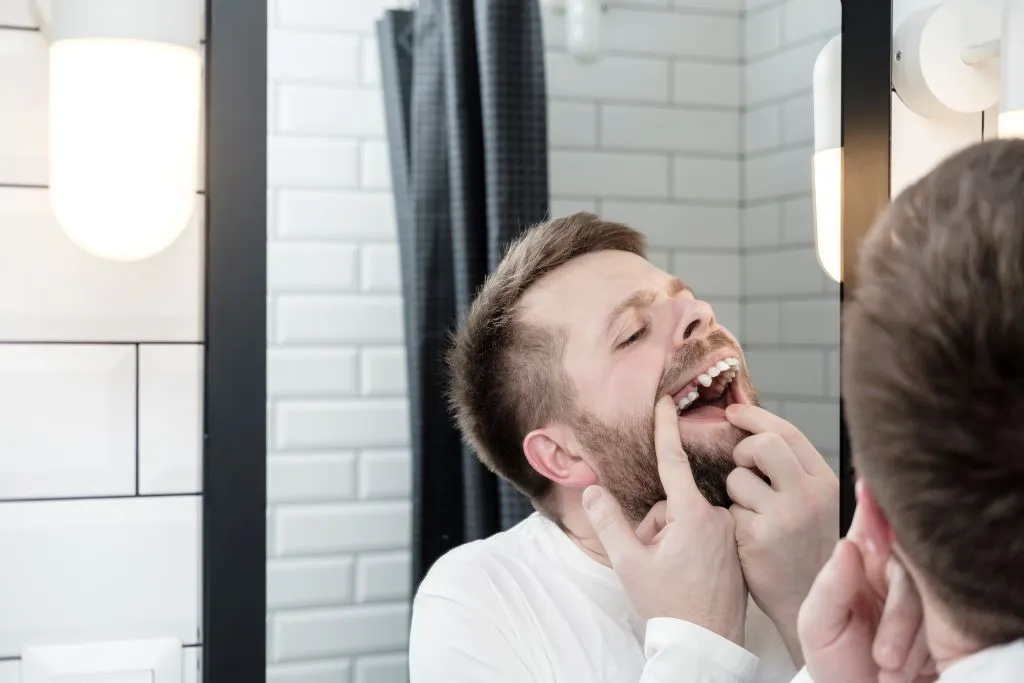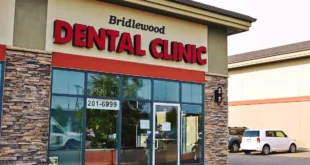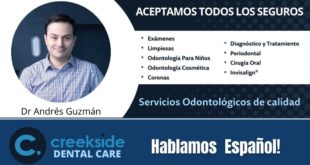Teeth Chipping
Chipped teeth, also known as teeth chipping, can occur due to various reasons and may lead to discomfort and aesthetic concerns. In this article, we’ll explore what causes chipped or cracked teeth, their symptoms, diagnosis, treatment options, and preventive measures.
1. Is it a Chipped or Cracked Tooth?
Chipped teeth refer to small pieces of the tooth enamel breaking off, while cracked teeth involve a fissure or fracture in the tooth structure. Both conditions may result in tooth sensitivity and pain, requiring prompt evaluation and treatment by a dentist.
2. Causes of Chipped or Cracked Teeth:
Several factors can contribute to chipped or cracked teeth, including:
- Trauma: Accidents, falls, or sports injuries can cause direct impact to the mouth, resulting in chipped or cracked teeth.
- Biting Hard Objects: Chewing on hard objects like ice, nuts, or pencils can exert excessive force on the teeth, leading to chipping or cracking.
- Poor Dental Hygiene: Inadequate oral hygiene practices, such as infrequent brushing and flossing, can weaken tooth enamel and increase the risk of tooth damage.
- Bruxism: Teeth grinding or clenching, especially during sleep, can wear down tooth enamel and make the teeth more susceptible to chipping and cracking.
3. Risk Factors:
Certain factors may increase the risk of chipped or cracked teeth, including:
- Age: Older adults may experience natural wear and tear on the teeth, making them more prone to chipping and cracking.
- Dietary Habits: Consuming acidic or sugary foods and beverages can weaken tooth enamel over time, increasing the risk of tooth damage.
- Smoking: Tobacco use can weaken tooth structure and impair oral health, making the teeth more vulnerable to chipping and cracking.
- Genetics: Inherited dental conditions or structural abnormalities may predispose individuals to chipped or cracked teeth.
4. Symptoms:
Symptoms of chipped or cracked teeth may vary depending on the severity of the damage but commonly include:
- Visible Damage: Visible chips, cracks, or fractures on the tooth surface.
- Tooth Sensitivity: Sensitivity to hot, cold, or sweet foods and beverages.
- Tooth Pain: Sharp or dull pain when biting or chewing, especially in the affected tooth.
- Gum Swelling or Bleeding: In cases of severe tooth damage, gum swelling or bleeding may occur.
5. Diagnosis:
Diagnosing chipped or cracked teeth typically involves a dental examination, visual inspection, and diagnostic imaging, such as dental X-rays. Your dentist will assess the extent of the damage and recommend appropriate treatment options.
6. How to Repair a Chipped Tooth:
Treatment options for chipped or cracked teeth may include:
- Dental Bonding: Applying tooth-colored composite resin to fill in the chip and restore the tooth’s appearance.
- Dental Crown: Placing a custom-made dental crown over the damaged tooth to protect it and restore functionality.
- Veneers: Porcelain or composite veneers can cover the front surface of the tooth to conceal minor chips and improve aesthetics.
7. Costs:
The cost of repairing a chipped or cracked tooth can vary depending on the severity of the damage and the chosen treatment option. Dental bonding is often the most affordable option, while crowns and veneers may be more expensive but offer long-lasting results.
8. Self-Care:
Practicing good oral hygiene habits, such as brushing twice daily, flossing regularly, and avoiding hard or sticky foods, can help prevent further damage to chipped or cracked teeth. Additionally, wearing a mouthguard during sports activities or at night can protect the teeth from injury caused by trauma or bruxism.
9. Complications:
Failure to seek timely treatment for chipped or cracked teeth can lead to complications such as tooth decay, infection, or further structural damage. It’s essential to address dental issues promptly to prevent them from worsening over time.
Chipped or cracked teeth can be both uncomfortable and unsightly, but with prompt diagnosis and appropriate treatment, most cases can be effectively managed. By understanding the causes, symptoms, treatment options, and preventive measures outlined in this article, you can take proactive steps to protect your dental health and maintain a confident smile.
 Colombianos en Alberta Colombianos en Alberta
Colombianos en Alberta Colombianos en Alberta




